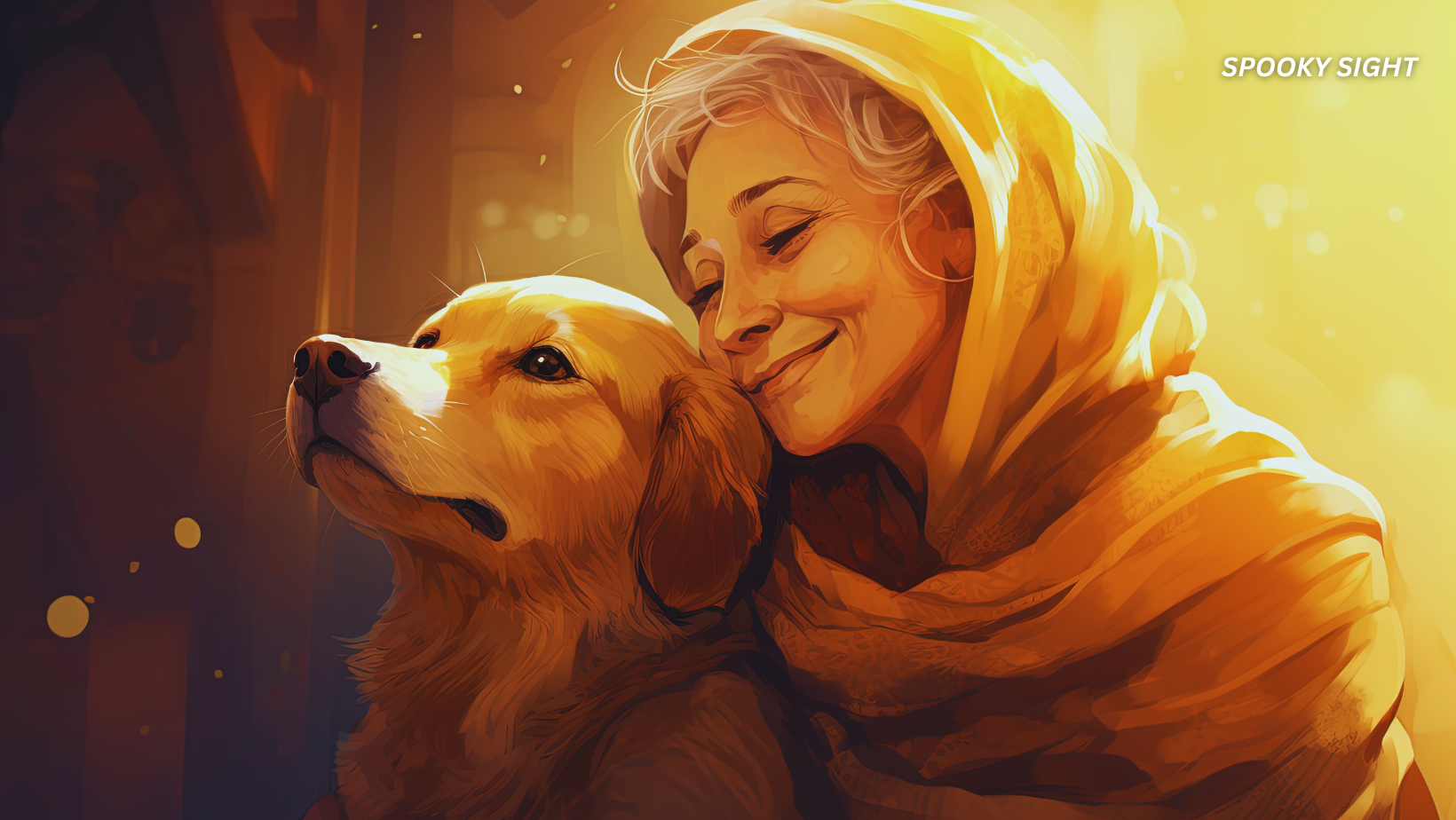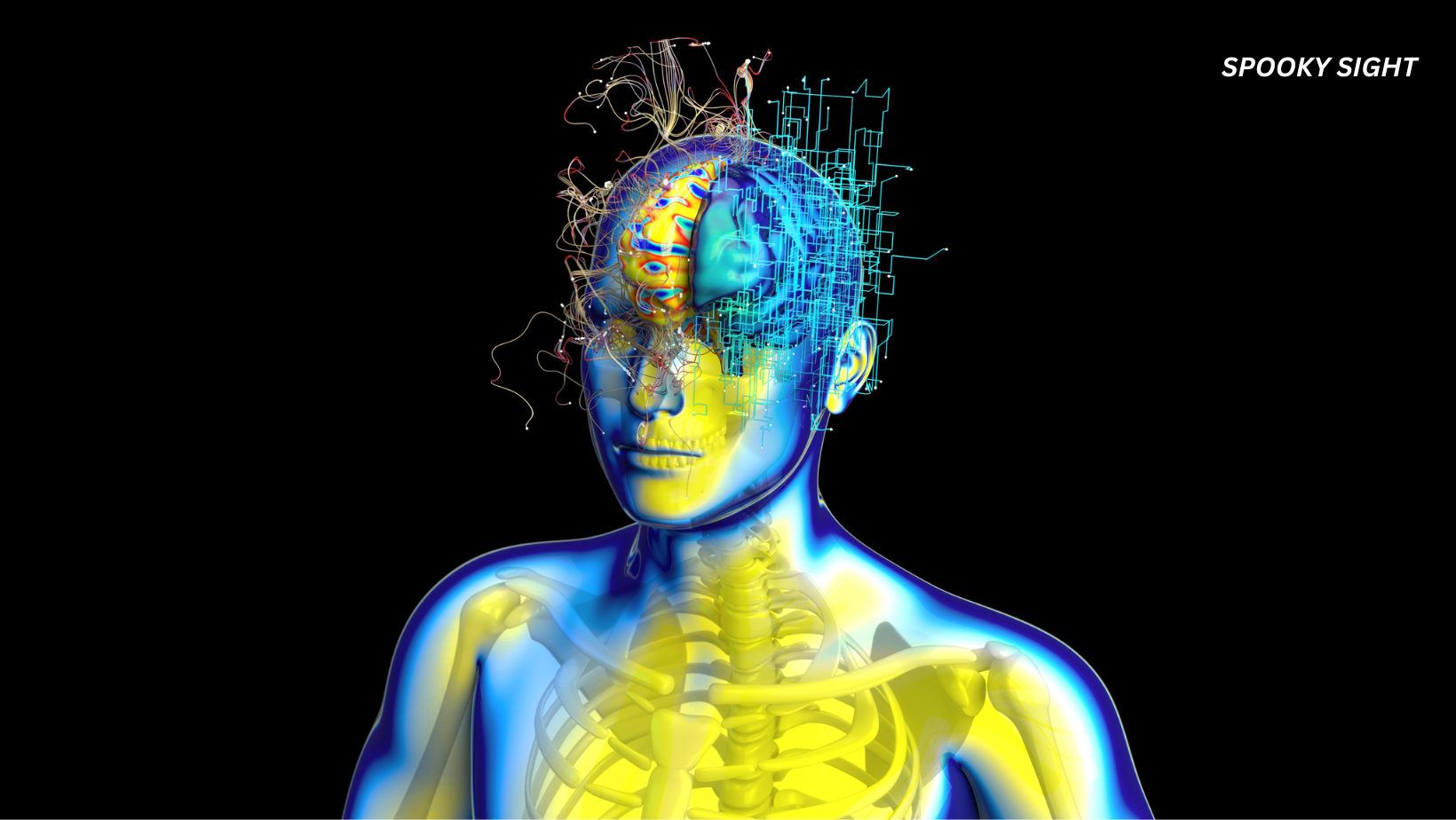Living to 100 isn’t just about blowing out a lot of birthday candles — it’s a rare achievement, almost like winning the longevity lottery. Yet for a surprising number of centenarians, the real secret isn’t just surviving to an old age. It’s how they get there.
According to new Swedish research, these individuals share a “superhuman” ability to dodge some of the most serious illnesses that tend to strike in later life. They aren’t limping through their final decades weighed down by medical conditions. Instead, they often spend most of their long lives in relatively good health — and only experience illness in the very last years, sometimes just months before death.
The Old Belief vs. The New Reality
For a long time, doctors assumed that a longer lifespan simply meant more years dealing with disease. The logic seemed obvious: the more time you have, the more opportunity for illness to catch up. But these new findings paint a different picture — one in which some people’s bodies age along a slower, gentler timeline.
Rather than developing health problems early and managing them for decades, centenarians seem to delay them until very late in life. In some cases, they skip them altogether.
Read more: 15 Honest Phrases You’ll Never Hear From a True Narcissist
Two Major Swedish Studies
Researchers analysed decades’ worth of health records from Sweden’s comprehensive national databases, which track everything from hospital admissions to cause of death. They compared people who reached 100 years old with those born in the same era who died earlier.
Their main focus: to see whether centenarians simply survived major illnesses longer, or whether they somehow avoided them in the first place.
Study One: The Stockholm Group
The first study examined 170,787 people born between 1912 and 1922 in Stockholm County. These individuals were tracked for up to 40 years — starting at age 60 and continuing until death or their 100th birthday.
Researchers looked for a range of serious conditions, including:
- Cardiovascular diseases – heart attacks, strokes, heart failure
- Cancers – both aggressive and slow-growing forms
- Neurological disorders – dementia, Parkinson’s disease, and related conditions
- Chronic respiratory illnesses – like chronic obstructive pulmonary disease (COPD)
- Diabetes and kidney disease – which can quietly damage health over time
The centenarians in this group consistently had fewer diagnoses and accumulated illnesses much more slowly than their peers.
Study Two: A National View
The second study took things a step further, analysing health data for nearly the entire country. This larger dataset allowed researchers to confirm the same pattern across different regions, social classes, and lifestyles.
Even with this broader sample, the results held: centenarians were late bloomers when it came to disease. Where others might have been juggling multiple chronic conditions in their 80s, many of these long-lived individuals were still relatively healthy until their mid-90s.
Read more: The Butterfly Effect Is Real—But Science Says It Works Differently Than You Think
The “Slow Clock” of Ageing
One way to think about it is like this:
Imagine life as an hourglass, with sand trickling down representing the onset of age-related illnesses. For most people, the grains start falling steadily around their 60s or 70s. By the time they’re in their late 80s, the lower half of the hourglass is nearly full.
For centenarians, the hourglass works differently. The sand doesn’t just fall slower — in some cases, it doesn’t start falling until much later. This means they spend the majority of their lives without the chronic health burdens most people expect in old age.
Why Some People Age Differently
Researchers suspect there’s no single magic bullet. Instead, it’s likely a mix of factors:
- Genetic Advantages – Certain people are born with genes that protect them from disease or slow the damage caused by ageing. For example, some variants improve DNA repair or reduce inflammation in the body.
- Resilient Biology – A stronger immune system and better metabolic health may keep illness at bay for longer.
- Lifestyle Habits – Many centenarians, even unknowingly, practice healthy routines — balanced diets, daily physical activity, and strong social connections.
- Stress Management – Low chronic stress may reduce wear and tear on the body’s systems, allowing them to function longer without breaking down.
Global Lessons from Longevity Hotspots
The Swedish findings echo observations from “Blue Zones,” areas around the world famous for high numbers of people over 90 and 100:
- Okinawa, Japan – Residents often eat a plant-rich diet with minimal processed food and follow the “Hara Hachi Bu” principle: eating until they’re 80% full.
- Sardinia, Italy – Men here have some of the highest life expectancies in the world, thanks in part to active rural lifestyles, family cohesion, and moderate wine consumption.
- Nicoya Peninsula, Costa Rica – Locals tend to remain physically active well into their 90s, with diets rich in beans, corn, and fresh vegetables.
- Ikaria, Greece – This island is known as the “place where people forget to die,” with long lifespans linked to social life, herbal teas, and afternoon naps.
Across all these places, the pattern matches Sweden’s centenarians: illness arrives late or lightly.
Measuring “Healthy Ageing”
Gerontologists — scientists who study ageing — use a concept called compression of morbidity to describe what these Swedish studies are showing. The idea is that illness and disability can be “compressed” into a shorter period at the very end of life, rather than being stretched over many years.
In practical terms, this means more time spent living fully, and less time managing decline.
What It Could Mean for the Future
Understanding why some people age slowly could revolutionize healthcare. Instead of pouring most resources into treating diseases after they appear, medicine could focus more on delaying their onset — essentially buying people more healthy years.
This doesn’t just mean more time alive; it means a better quality of life during those extra years. Being 95 and able to travel, read, garden, and spend time with loved ones is very different from being bedridden at the same age.
Can You Tilt the Odds?
While we can’t control our genes, research does suggest habits that may help:
- Eat whole, nutrient-rich foods — Favor plants, healthy fats, and lean proteins.
- Move daily — Walk, garden, cycle, or do light strength training.
- Sleep well — Rest supports repair and immune function.
- Stay connected — Strong relationships protect mental and physical health.
- Manage stress — Mindfulness, hobbies, and even humor help reduce harmful stress hormones.
Read more: Doctors Horrified After Google’s Healthcare AI Makes Up Nonexistent Human Body Part
The Takeaway
Centenarians aren’t just survivors; they are examples of a different model of ageing — one in which disease doesn’t dominate the final decades of life. The Swedish studies give science a clearer picture of what healthy longevity looks like and how it unfolds over time.
While not everyone can join the 100-club, understanding their patterns could help more of us add healthy years to our lives — and maybe even give us a fighting chance at blowing out all those candles.
Image: Freepik.









